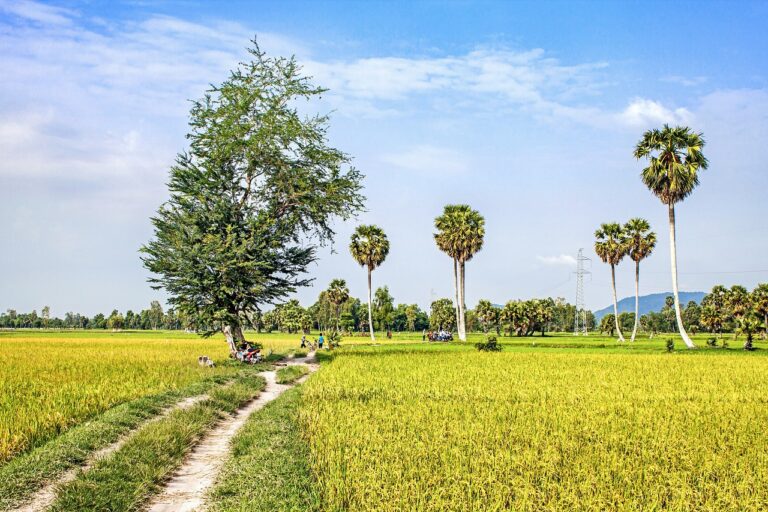The impact of sustainable bamboo farming on rural communities
Bamboo is not just a versatile and sustainable material used for various purposes, but it also plays a significant role in the economic development of rural communities. Sustainable bamboo farming is a practice that ensures the long-term viability of bamboo resources while also benefiting the local population. In this article, we will explore the impact of sustainable bamboo farming on rural communities and how it can contribute to their socio-economic development.
What is Sustainable Bamboo Farming?
Sustainable bamboo farming involves the cultivation of bamboo in a way that does not harm the environment or deplete natural resources. This includes practices such as organic farming methods, responsible harvesting, and reforestation efforts to maintain the balance of bamboo ecosystems. By adopting sustainable practices, bamboo farmers can ensure the longevity of bamboo resources for future generations.
Benefits of Sustainable Bamboo Farming for Rural Communities
1. Economic Opportunities:
Sustainable bamboo farming provides rural communities with a source of income and employment opportunities. By cultivating bamboo sustainably, farmers can sell bamboo products such as furniture, handicrafts, and construction materials, generating revenue for the community.
2. Environmental Conservation:
By practicing sustainable bamboo farming, rural communities can help conserve natural resources and protect the environment. Bamboo is a fast-growing plant that can be harvested without causing deforestation or soil degradation, making it an eco-friendly alternative to traditional timber.
3. Social Development:
Sustainable bamboo farming can also contribute to the social development of rural communities. By promoting gender equality and empowering women to participate in bamboo farming activities, communities can improve social cohesion and inclusivity.
Case Studies: Impact of Sustainable Bamboo Farming on Rural Communities
1. India:
In the state of Tripura, India, sustainable bamboo farming has transformed the lives of local communities. By collaborating with government agencies and non-profit organizations, bamboo farmers have been able to increase their income and improve their living standards through the sale of bamboo products.
2. Philippines:
In the Philippines, sustainable bamboo farming has been integrated into community-based forest management initiatives. By empowering indigenous communities to cultivate bamboo sustainably, the Philippines has been able to preserve its natural resources while supporting the livelihoods of rural populations.
Challenges and Solutions in Sustainable Bamboo Farming
Despite its numerous benefits, sustainable bamboo farming also faces challenges that need to be addressed. These challenges include limited access to markets, lack of technical expertise, and insufficient government support for sustainable farming practices.
To overcome these challenges, it is essential for stakeholders to collaborate and invest in capacity-building programs, market linkages, and policy advocacy to promote sustainable bamboo farming in rural communities. By working together, we can ensure the continued success of sustainable bamboo farming and its positive impact on rural development.
Conclusion
Sustainable bamboo farming is not just about cultivation; it is a holistic approach to economic, environmental, and social development in rural communities. By promoting sustainable practices and supporting the growth of the bamboo industry, we can create a more sustainable future for both people and the planet.
FAQs
Q: What are the main benefits of sustainable bamboo farming?
A: Sustainable bamboo farming provides economic opportunities, preserves the environment, and contributes to social development in rural communities.
Q: How can rural communities benefit from sustainable bamboo farming?
A: Rural communities can benefit from sustainable bamboo farming by generating income, conserving natural resources, and fostering social cohesion.
Q: What are some of the challenges in sustainable bamboo farming?
A: Challenges in sustainable bamboo farming include limited market access, lack of technical expertise, and insufficient government support.







